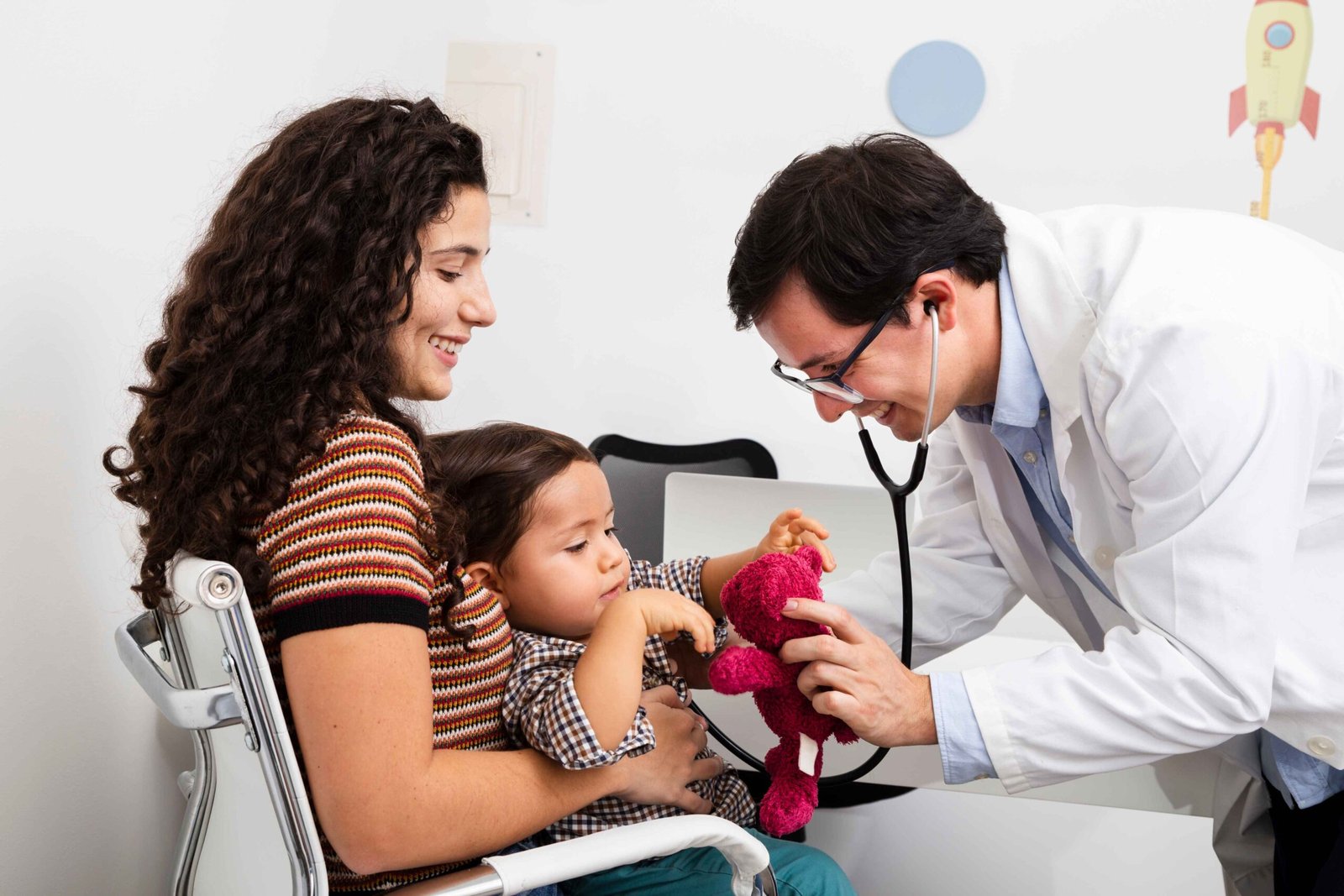- +91 9975004520
- +91 93592 59324
- contact@dryogeshpediatricsurgeon.com
HPB & GI

Pediatric Hepatobiliary (HPB) and Gastrointestinal (GI) Surgery is a specialized field dedicated to diagnosing and treating complex conditions affecting children’s liver, bile ducts, pancreas, and gastrointestinal tract. Dr. Yogesh Tiwari and his team offer advanced surgical solutions tailored to young patients’ unique medical needs.
What are Pediatric HPB and GI Surgery?
Pediatric HPB and GI Surgery involves intricate procedures performed by skilled pediatric surgeons to address conditions that impact vital organs such as the liver, bile ducts, pancreas, and intestines in children. Our team is trained to handle these challenges with expertise and care, ensuring comprehensive treatment and support for our young patients and their families.
Common Conditions We Treat-
Biliary Atresia
- Description: Biliary atresia is a congenital condition where the bile ducts are underdeveloped, blocked, or absent, leading to bile accumulation and liver damage.
- Treatment: The Kasai procedure is a surgical technique aimed at restoring bile flow and preserving liver function in infants.
- Importance of Early Intervention: Early diagnosis and treatment are crucial to prevent complications and improve long-term outcomes.
Choledochal Cysts
- Description: Choledochal cysts are structural abnormalities in the bile ducts that can cause bile flow obstruction and increase the risk of infections.
- Treatment: Surgical removal of the cysts and reconstruction of the bile ducts are essential to restore normal bile flow and prevent complications.
- Long-term Care: Regular monitoring is necessary for recurrence and ensuring ongoing liver health.
Pancreatic Disorders
- Description: Conditions such as chronic pancreatitis and pancreatic tumors require surgical intervention to manage symptoms and restore pancreatic function.
- Treatment: Procedures like the Whipple procedure involve removing affected areas of the pancreas to alleviate pain and improve digestive health.
- Supporting Recovery: Comprehensive postoperative care includes pain management and nutritional support tailored to each patient’s needs.
Intestinal Malformations
- Description: Intestinal malformations, including Hirschsprung’s disease, affect bowel function due to missing nerve cells in the intestine.
- Treatment: Surgical resection of affected bowel segments and reconstructive surgery are performed to enhance digestive function.
- Long-term Management: Our team focuses on optimizing bowel health and ensuring adequate nutrition for overall well-being.
What to Expect During Surgery
Preparation: Detailed preoperative instructions and consultations to prepare your child and address any concerns or questions you may have.
Procedure: We utilize advanced surgical techniques, including minimally invasive approaches, to minimize discomfort and promote faster recovery.
Recovery: Our team provides comprehensive care post-surgery, including pain management and rehabilitation plans to support your child’s recovery journey.
Benefits of Pediatric HPB and GI Surgery
Improved Quality of Life: Surgery aims to alleviate symptoms, restore organ function, and enhance the overall quality of life for pediatric patients and their families.
Continued Support: We offer ongoing monitoring and follow-up care to monitor progress, manage any potential complications, and ensure optimal health outcomes.
Conclusion
Pediatric Hepatobiliary (HPB) and Gastrointestinal (GI) Surgery Dr. Yogesh Tiwari and his team offer specialized care and advanced surgical solutions for children with complex conditions affecting the liver, bile ducts, pancreas, and gastrointestinal tract. Our dedicated team is committed to providing compassionate care, personalized treatment plans, and support for our young patients and their families throughout their healthcare journey.
Frequently Asked Questions
Pediatric HPB and GI Surgery involves specialized surgical procedures to diagnose and treat conditions affecting the liver, bile ducts, pancreas, and gastrointestinal tract in children. These surgeries address complex medical issues unique to children.
This type of surgery treats a variety of conditions including biliary atresia, choledochal cysts, chronic pancreatitis, pancreatic tumors, and intestinal malformations such as Hirschsprung’s disease.
Signs and symptoms of biliary atresia include jaundice (yellowing of the skin and eyes), dark urine, pale stools, and a swollen abdomen. Early diagnosis and treatment are crucial for better outcomes.
Choledochal cysts are treated by surgically removing the cysts and reconstructing the bile ducts to restore normal bile flow and prevent complications such as infections or bile duct obstructions.
The Kasai procedure is a surgical technique used to treat biliary atresia by connecting the liver to the small intestine to restore bile flow. This helps improve liver function and prevent further damage.
Pancreatic disorders, such as chronic pancreatitis and pancreatic tumors, are treated with advanced surgical procedures like the Whipple procedure. This involves removing affected areas of the pancreas to alleviate symptoms and improve digestive health.
Hirschsprung’s disease is a condition where nerve cells are missing from parts of the intestine, causing bowel obstruction. This condition is treated by surgically removing the affected segments and reconstructing the bowel to improve function.
Before surgery, detailed preoperative instructions will be provided, including fasting and medication adjustments. After surgery, your child will receive comprehensive postoperative care, including pain management, monitoring for complications, and a tailored rehabilitation plan to support recovery.
The surgical team uses the latest minimally invasive techniques whenever possible to reduce discomfort and speed up recovery. They also prioritise safety by adhering to strict surgical protocols and providing thorough preoperative and postoperative care.
The benefits include alleviating symptoms, improving organ function, and enhancing the overall quality of life. Each procedure is performed with the highest standard of care, aiming for the best possible outcomes for your child.
